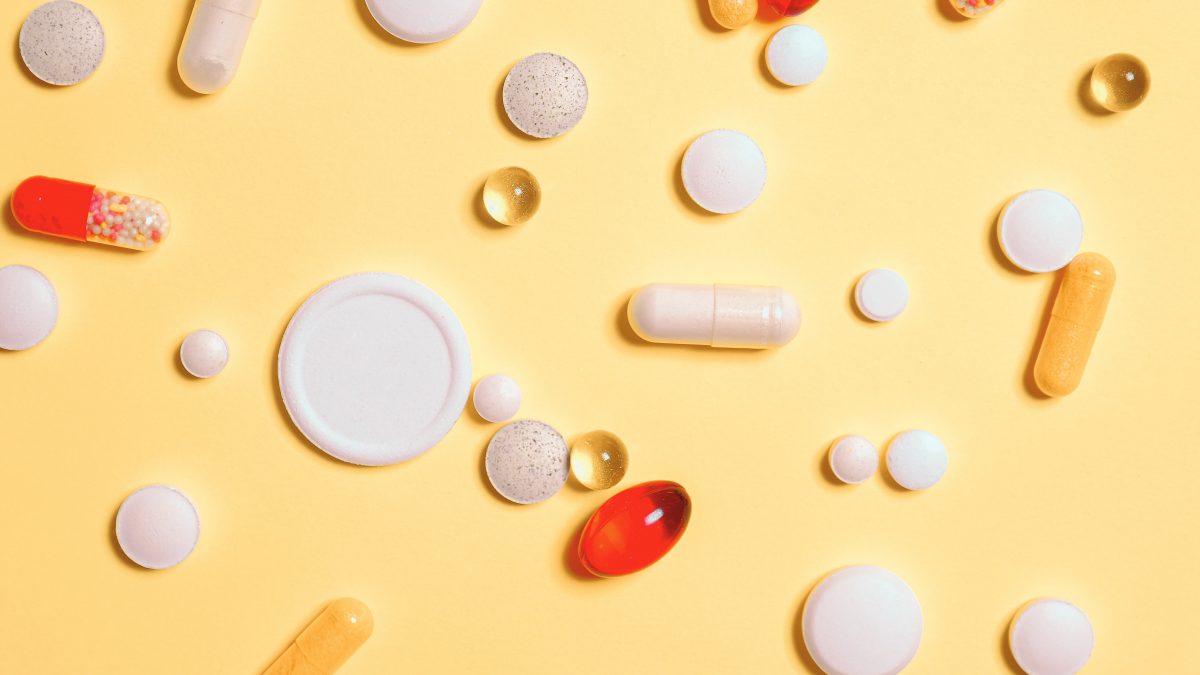Why does everyone want to take Vitamin D?
Why does everyone want to take Vitamin D?

The consumption of vitamins has never been as important as it is now, especially the consumption of vitamin D, which has become fashionable in recent months. If you don’t know why, we will tell you!
Vitamin D is produced naturally by our body when we are exposed to the sun, however, much of the year the authorities have recommended us to stay at home, so the only source we have of this vitamin is fortified foods or some others like salmon, mushrooms, egg yolk, cheese, and sardines.
Low vitamin D levels
This vitamin helps the body absorb calcium, which means that when there is not enough vitamin D in the body, bones become brittle. In addition, some research suggests that the consumption of vitamin D helps improve cognitive health and immune health, the latter because vitamin D participates in the growth and differentiation of some immunomodulatory cells such as macrophages, dendritic cells, T cells and cells B.
This is why many people have tried to meet the recommended intake through dietary supplements or multivitamins.
On the other hand, even if you are at home you can try to expose yourself to the sun in the patio of your home for a few minutes, remember it is always prudent to do it with sun protection and at a lower intensity of sun rays.
High levels of vitamin D
Although there are good reasons to consume this vitamin, you need to know the effects of consuming too much. A disease called hypervitaminosis D is generated, which although until now is a very rare disease, the trend that is increasing regarding the consumption of this vitamin, can increase cases.
The main consequences of hypervitaminosis D are: accumulation of calcium in the blood that can cause nausea, vomiting, weakness, bone pain and even kidney problems.
That is why we recommend that when consuming nutritional supplements you do so in a responsible way and monitored by a specialist so that you consume only the dose that corresponds to you for an adequate time.
And you, do you consume dietary supplements with vitamin D?
Author: Nerissa Álvarez
Review: Betzabe Guido
References
de Oliveira, V., Lara, G. M., Lourenço, E. D., Boff, B. D. and Stauder, G. Z. (2014). Influence of vitamin D on human health. Latin American Clinical Biochemical Acta, 48 (3), 329-337.
Mayo Clinic. (2017). Vitamin D. mayoclinic.org
Mayo Clinic. (2020). What is vitamin D toxicity? Should I be concerned about taking supplements? mayoclinic.org
MedlinePlus. (2019). Vitamin D deficiency medlineplus.gov
Torres del Pliego, E. and Nogués Solán, X. (2014). How to use vitamin D and what dose of supplementation would be the most suitable to have the best efficacy / safety balance? Journal of Osteoporosis and Mineral Metabolism, 6 (Suppl. 1), 1-4.
As a result, the medical information provided in the site which you are going to visit may not be appropriate for product use in your country.
